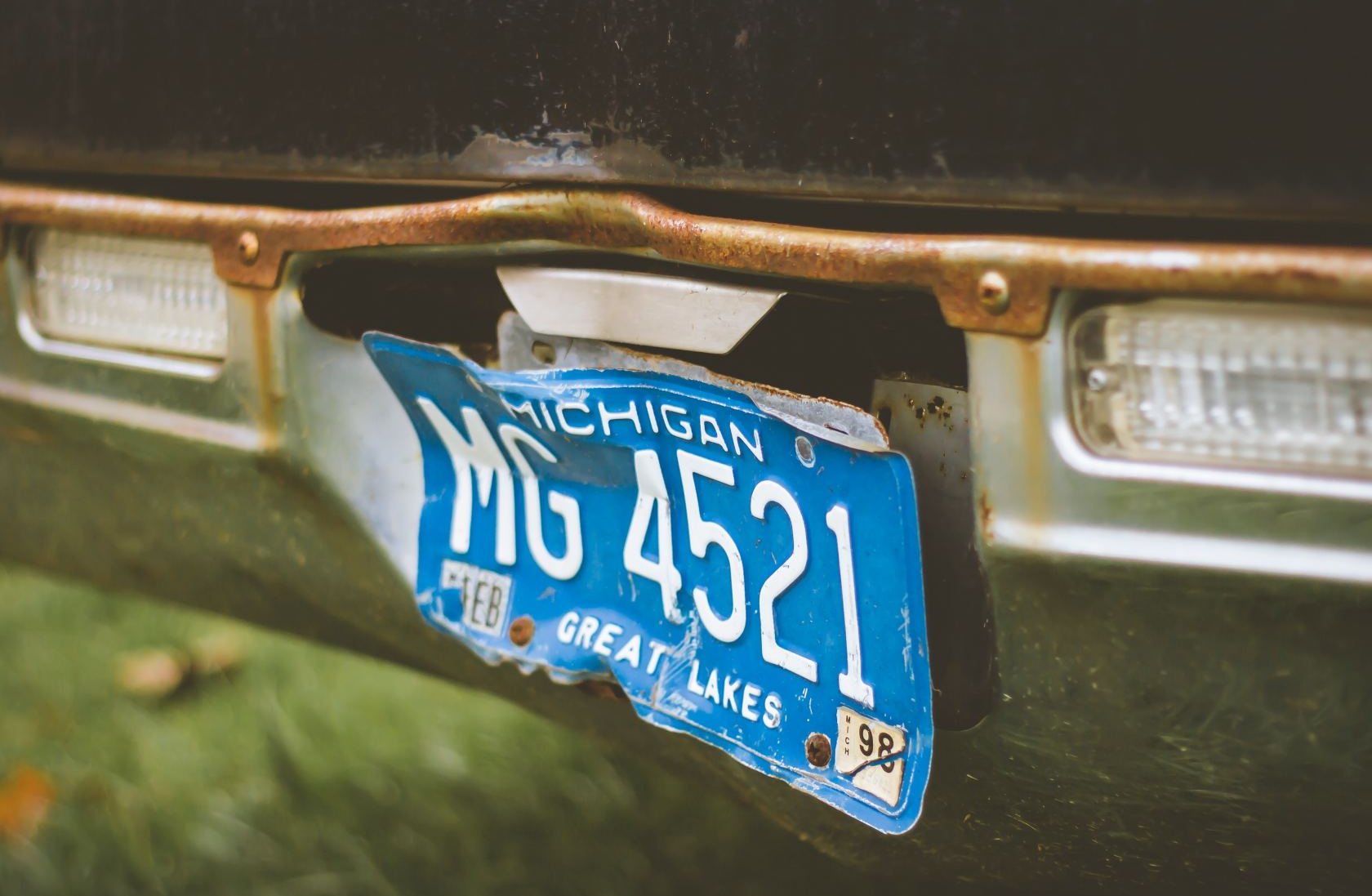
On December 28th, 2018, Michigan regulators alerted stakeholders that allowances permitting businesses without state licenses to operate under temporary authorization would end with the close of 2018. According to an update from the state Department of Licensing and Regulatory Affairs (LARA), Judge Stephen Borrello dismissed the last pending court case concerning the temporary operation of unlicensed medical cannabis businesses. The restraining order put in place previously by Borrello, which prevented state officials from imposing and enforcing a licensing deadline, expired on the 28th, with the dismissal of the case.
Consequently, LARA was no longer constrained from imposing a new licensing deadline, which it effectively set at December 31st. LARA’s update on the 28th stated that, “LARA has agreed that applicants that applied for a license by February 15, 2018 and submitted a valid attestation from the local municipality may temporarily operate until December 31, 2018. Any unlicensed operation after December 31, 2018 may be considered an impediment to licensure.”
An agreement had been reached between LARA and stakeholders, even in the face of the lawsuit, which appeared to signal LARA’s intent to compel unlicensed businesses to close by the end of 2018. Additionally, new allowances granted to licensees by LARA at that time provided a path for inventory produced by registered caregivers to enter Michigan’s licensed medical cannabis market in the early months of 2019.
Dispensaries – called “provisioning centers” under Michigan’s rules – were permitted to purchase product from caregivers until the end of 2018. Entering 2019, dispensaries are able to sell any inventory bought from caregivers last year, so long as it was entered into the state’s tracking system by December 31st and it undergoes, and passes, all required testing. Licensed growers and processors will be able to purchase inventory from caregivers through the end of February 2019, which should mitigate to some extent the possibility of short supply in the new regulated medical market.
While Michigan regulators provided some allowances to ease the transition to a licensed and regulated market, there will likely be novel and unexpected impacts on supply and demand for some time. In general, the scope of Michigan’s nascent regulated market represents a significant contraction compared to the hundreds of businesses operating informally as recently as 2017. According to a report from the Detroit Free Press, 52 dispensaries, 29 cultivators, 10 processors, four testing labs, and four transporters were licensed in the state as of the end of 2018, with another roughly 200 businesses pre-qualified for a state permit. 72 businesses that were running without a state license will now have to close or risk the possibility that continued operations will put at risk their ability to gain a permit from regulators down the road.
Meanwhile, those businesses will have to serve the needs of the nearly 300,000 registered patients in the state. Lack of convenient access to the regulated market could lead a significant portion of Michigan’s patient base to seek product from caregivers or informal channels, however, possibly reducing demand in the licensed system. Prices will also likely be higher at licensed outlets, due to compliance costs, taxes, and, potentially, tightened supply as commercial-scale grow operations work to get up and running.